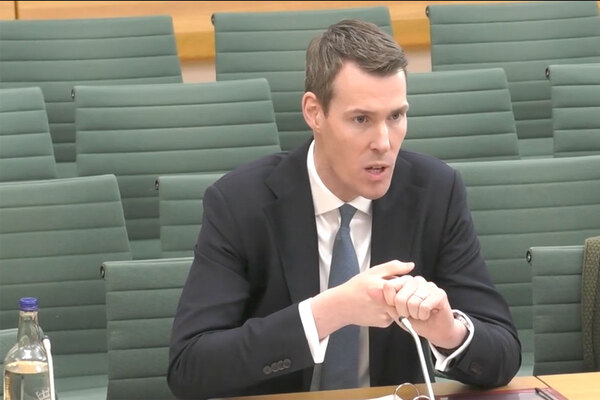King’s Speech: Private sector ombudsman to be introduced as part of Renters’ Rights Bill
A new Housing Ombudsman Service will be introduced for the private rented sector to give tenants “greater rights and protections”.
The proposed watchdog service forms part of the new Renters’ Right Bill announced by the new Labour government in the King’s Speech on 17 July.
According to the briefing documents published alongside the speech, the ombudsman service will provide a “quicker, cheaper resolution when there are disputes” between private landlords and tenants, and “provide fair, impartial and binding resolution” while reducing the need to go to court.
The existing Housing Ombudsman Service, headed by Richard Blakeway, only deals with social housing providers and voluntary members from the private sector.
There is currently no legal requirement for private landlords in England to belong to an ombudsman scheme, with tenants often left to negotiate with their landlords and enforce their rights through the courts.
The Conservative government also had plans to introduce an ombudsman service to the private sector as part of its Renters’ Reform Bill. It planned to use the current Housing Ombudsman “to administer redress for both private and social tenants”.
Details of exactly how the scheme will work have not yet been published.
Alongside a new ombudsman service, the new bill will ban Section 21 no-fault evictions and extend Awaab’s Law to the private sector.
The bill will also introduce “new, clear and expanded possession grounds” to allow landlords to reclaim property when necessary.
Responding to the announcement of the bill, Ben Twomey, chief executive of Generation Rent, said: “It is welcome to see the end to no-fault evictions included in the government’s plans.
“After five years of promises from the previous government, with no improvements at the end of it, renters are understandably demoralised and wary of new commitments.
“The government faces a big test to reassure voters that it can quickly turn promises into action and change things for the better.”
He stated the reforms “must therefore go further than the previous government planned, with real support for tenants whose landlord wants to sell or move back in to prevent homelessness”.
“This includes more time to enjoy our homes without fearing eviction, and more notice and financial support if this happens. Similarly, empowering tenants to challenge rent increases won’t work if we still end up with rents rising faster than our incomes,” Mr Twomey added.
Sign up for our asset management newsletter
Already have an account? Click here to manage your newsletters












